Hopes And Fears As Polarised Poles Choose President
A farmer and father of five, Grzegorz Myszak is crystal clear about his reasons for backing Poland's right-wing President Andrzej Duda on Sunday in a knife-edge run-off against liberal Warsaw mayor Rafal Trzaskowski.
Allied with the populist Law and Justice (PiS) government, Duda has vowed to defend its raft of popular social benefits and has led a polarising campaign in which he has attacked what he calls "LGBT ideology".
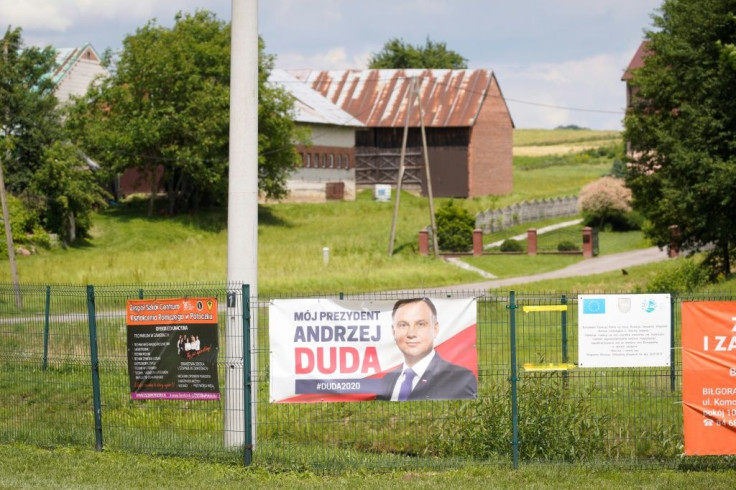
"I'll choose Duda, of course. With five kids, we get 2,500 zloty (560 euro, $630) per month, so it's as if my wife had a job but instead, she can take care of the family," Myszak told AFP, speaking among long neat rows of raspberry bushes on his farm in southeast Poland.
The 41-year-old also works for the local council and raises pigs to give his family what he describes as a "comfortable" lifestyle -- part of an upwardly mobile rural electorate that is overwhelmingly pro-Duda.
Myszak says he is worried that a Trzaskowski victory would bring a "rocky cohabitation" with the PiS government and possible legislative paralysis.
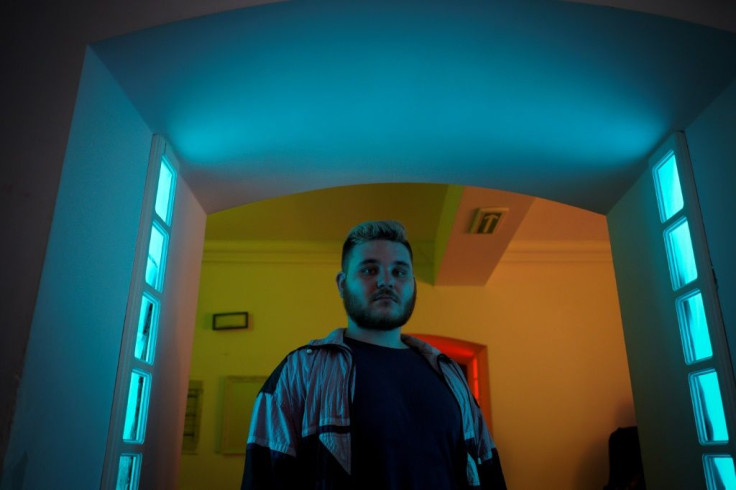
A supporter of traditional Catholic family values, he also fears it could open the door to sex education in schools or civil partnerships for same-sex couples.
Myszak says he only knows of one person who he believes might have been gay, but who moved away long ago.
In the rolling hills of Lublin province, many hold similar views in Myszak's home village of Godziszow, where Duda scored his best result nationwide in the first round of the election with a score of 86 percent.
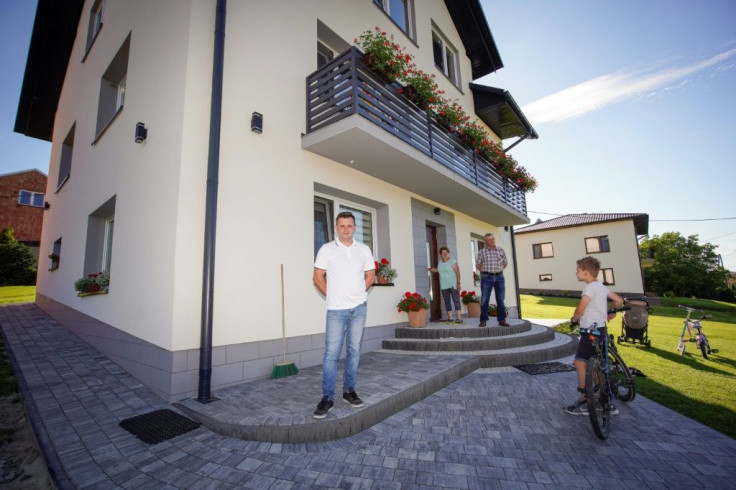
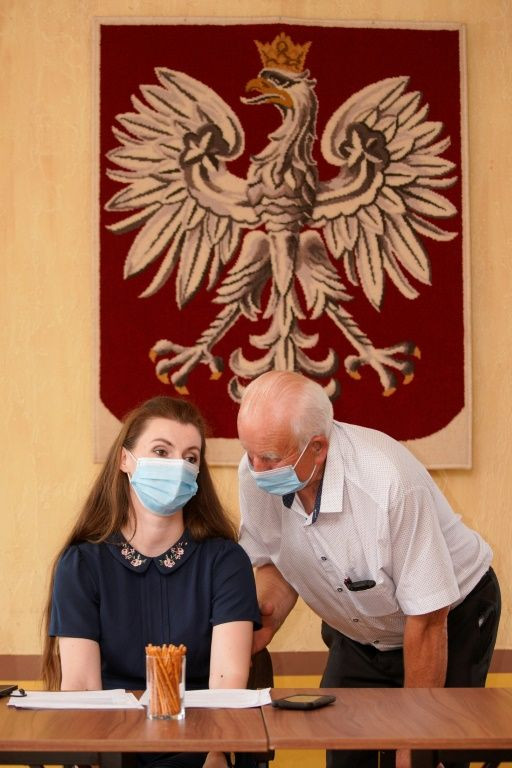
Surveys show Duda and Trzaskowski, who are both 48, running neck-and-neck ahead of Sunday's vote.
Analysts note that Duda and his populist allies have been deftly courting rural voters who have benefited from PiS social spending on the back of more than a decade of generous EU farm and development subsidies.
"We're pleased someone finally values us, sees our achievements and potential," said Magda Ciupak, 33, an English teacher and mother of two who runs a farm with her husband and also heads the Godziszow local council.
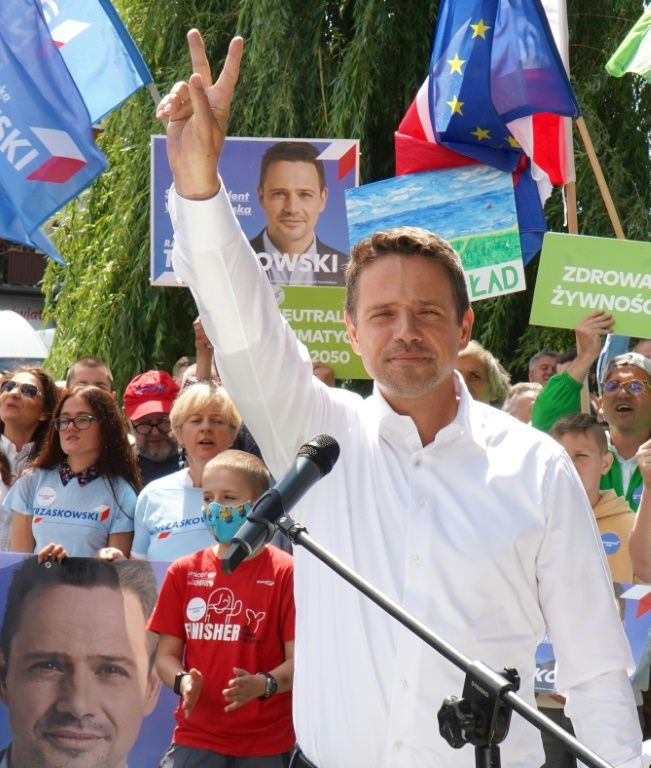
"The PiS understood this, while other parties still often see us as backward and ignorant," she said.
Although Trzaskowski has vowed to keep popular PiS measures such as child allowance and extra pension payments, polls indicate that rural voters see Duda as a better option to protect their interests.
That has been particularly the case at a time of heightened uncertainty as the economic fallout of the coronavirus pandemic sends Poland into its first recession since communism fell three decades ago.
Rural voters also see Duda as a bulwark against perceived threats to family values from urban elites.
Encouraged by the PiS, local authorities in roughly a third of the EU country, mostly its rural south-east, created so-called "LGBT free zones" last year in reaction to a declaration on LGBT rights adopted in Warsaw by Trzaskowski.
Amnesty International and the European Parliament, among others, have condemned the zones.
Campaigners say Duda and his PiS backers have stepped up the rhetoric even further in the run-up to the election, whipping up a climate of homophobia that is pushing some gay people to consider leaving the country.
Iwona Serewa, a 27-year-old lesbian who runs Wyrko, the only LGBT+ nightclub in the city of Lublin, has no illusions about a Duda victory.
"If he gets a second term, we can forget about better conditions for LGBT+ people," she told AFP.
Hubert Liszewski, a gay 23-year-old student at Lublin University, said the election was pivotal to his future.
He has suffered two homophobic attacks since 2017 -- including one by members of a far-right group -- that left him hospitalised with a broken leg and facial injuries.
"If Duda wins things won't change. I'll leave rather than wait around for another attack. Basically my life is at risk."
© Copyright AFP 2024. All rights reserved.




















